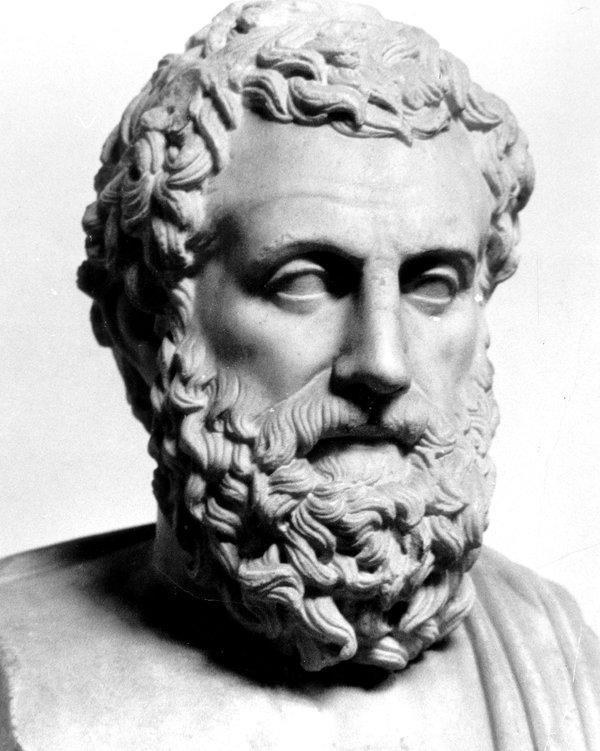



[...] Soul was therefore responsible for the basic functions, faculties, or powers of living beings, known as nutritive or vegetative, perceptive or sensible, appetitive or desiderative, motor or locomotive, and rational or intellective (Michael 2000). Sometimes these faculties were attributed to different souls, and their possession defined a hierarchy: Human beings had all of them, nonhuman animals lacked a rational soul, and plants had only a vegetative soul. Yet all were “animals,” or ensouled bodies. That is why the word psychology, in use by 1590, originally designated the science of all living beings (Vidal 2011).

Bust of Aristotle
You can access Aristotle's full-text book De Anima on the link below:

Inspired by the homonymous book by Fernando Vidal and Francisco Ortega, this timespace presents the authors' genealogy of the cerebral subject and the influence of the neurological discourse in human sciences, mental health and culture.